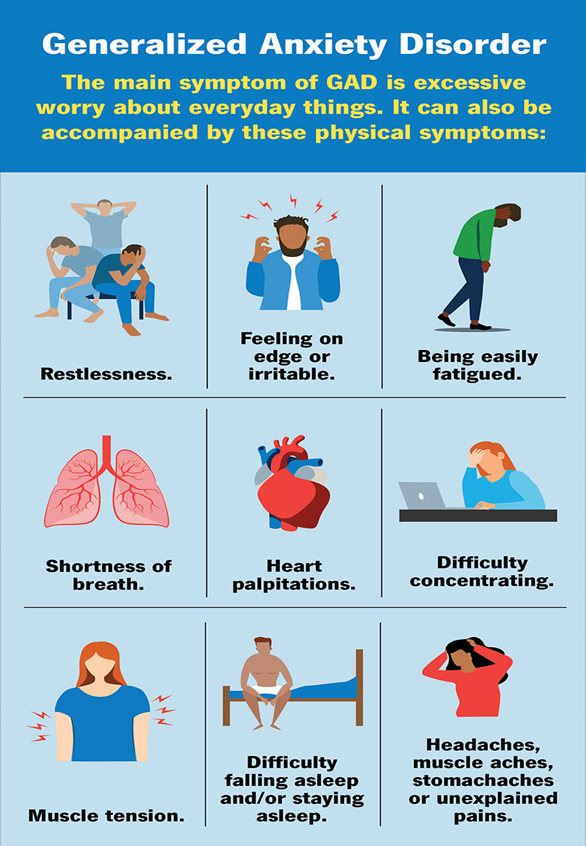During a morning group meeting, a client raises concern that they cannot sleep at night due to the noises coming from the nurse’s station. The nurse in the meeting interrupts and states, “I’ll handle this matter. Let’s move on.” The nurse is demonstrating which type of leadership style?
Bureaucratic
Laissez-Faire
Democratic
Autocratic
The Correct Answer is D
The correct answer is d.
Choice A Reason:
The statement “Bureaucratic” is incorrect. Bureaucratic leadership is characterized by strict adherence to rules and procedures, with decisions made based on established policies. While this style ensures consistency and compliance, it does not typically involve the direct and decisive intervention seen in the scenario described. Bureaucratic leaders focus more on following protocols rather than making quick, authoritative decisions.
Choice B Reason:
The statement “Laissez-Faire” is incorrect. Laissez-Faire leadership is a hands-off approach where leaders provide minimal direction and allow team members to make their own decisions. This style is the opposite of what is demonstrated in the scenario, where the nurse takes immediate control of the situation. Laissez-Faire leaders typically avoid intervening directly and prefer to let issues resolve themselves.
Choice C Reason:
The statement “Democratic” is incorrect. Democratic leadership involves participative decision-making, where leaders seek input and feedback from team members before making decisions. In the scenario, the nurse does not seek input from the group but instead makes a unilateral decision to handle the matter and move on. This approach is not characteristic of democratic leadership, which values collaboration and consensus.
Choice D Reason:
The statement “Autocratic” is correct. Autocratic leadership is characterized by individual control over decisions, with little input from group members. The nurse’s behavior in the scenario—taking charge of the situation and making a quick decision without consulting the group—is indicative of an autocratic leadership style. Autocratic leaders are decisive and often make decisions independently, focusing on efficiency and control.
Nursing Test Bank
Naxlex Comprehensive Predictor Exams
Related Questions
Correct Answer is ["A","C","D"]
Explanation
Choices A, C, and D: Changes to behavior and personality, Impaired judgment, Muscle stiffness and shuffling gait.
Choice A Reason:
Changes to behavior and personality are hallmark symptoms of frontotemporal dementia (FTD). This condition primarily affects the frontal and temporal lobes of the brain, which are responsible for behavior, personality, and language. Patients often exhibit socially inappropriate behaviors, apathy, and a decline in personal hygiene. These changes are among the earliest and most noticeable symptoms of FTD.
Choice B Reason:
While a past history of head trauma can be a risk factor for various types of dementia, it is not specifically associated with frontotemporal dementia. FTD is more commonly linked to genetic factors and specific protein abnormalities in the brain. Therefore, a history of head trauma is not a typical aspect of the medical history for FTD patients.
Choice C Reason:
Impaired judgment is a common symptom of frontotemporal dementia. The degeneration of the frontal lobes affects executive functions, including decision-making, problem-solving, and judgment. Patients may make poor decisions, exhibit risky behaviors, and have difficulty understanding the consequences of their actions.
Choice D Reason:
Muscle stiffness and a shuffling gait can occur in some forms of frontotemporal dementia, particularly in cases where the condition overlaps with motor neuron disease or Parkinsonism. These physical symptoms are less common than behavioral and cognitive symptoms but can still be present in some patients.
Choice E Reason:
A diagnosis of hypertension is not specifically related to frontotemporal dementia. While hypertension is a common condition that can coexist with any form of dementia, it is not a characteristic feature of FTD. The primary symptoms of FTD are related to changes in behavior, personality, and cognitive functions rather than vascular issues.
Correct Answer is B
Explanation
Choice A Reason:
Clonazepam is to be used for long-term therapy in conjunction with buspirone.
This statement is incorrect. Clonazepam, a benzodiazepine, is typically used for short-term relief of anxiety symptoms due to its potential for dependence and tolerance1. Long-term use of benzodiazepines is generally avoided in favor of medications like buspirone, which do not carry the same risks of dependence.
Choice B Reason:
Clonazepam is to be used short-term until the buspirone takes full effect.
This is the correct response. Buspirone takes several weeks to achieve its full therapeutic effect. During this period, clonazepam may be used to manage acute anxiety symptoms. Once buspirone reaches its full effect, clonazepam can be tapered off to avoid long-term use and potential dependence.

Choice C Reason:
Buspirone should be taken as needed until clonazepam takes full effect.
This statement is incorrect. Buspirone is not intended for as-needed use; it must be taken consistently to maintain stable blood levels and achieve its therapeutic effect. Clonazepam, on the other hand, is used for short-term relief and should not be relied upon for long-term management of anxiety.
Choice D Reason:
Tolerance could result with long-term use of buspirone.
This statement is incorrect. Unlike benzodiazepines, buspirone does not typically cause tolerance or dependence with long-term use. It is considered a safer option for chronic management of anxiety disorders.
Whether you are a student looking to ace your exams or a practicing nurse seeking to enhance your expertise , our nursing education contents will empower you with the confidence and competence to make a difference in the lives of patients and become a respected leader in the healthcare field.
Visit Naxlex, invest in your future and unlock endless possibilities with our unparalleled nursing education contents today
Report Wrong Answer on the Current Question
Do you disagree with the answer? If yes, what is your expected answer? Explain.
Kindly be descriptive with the issue you are facing.
